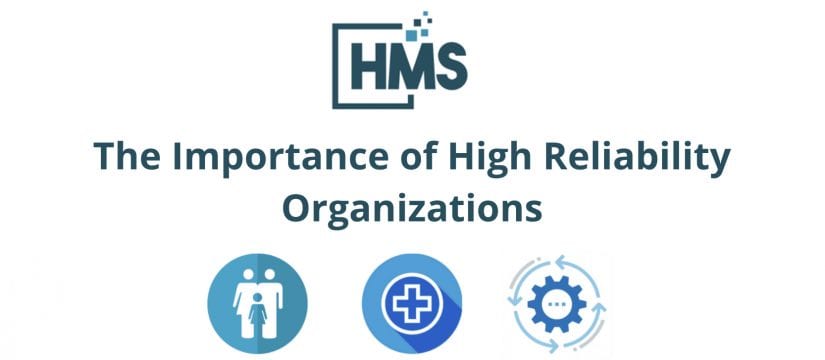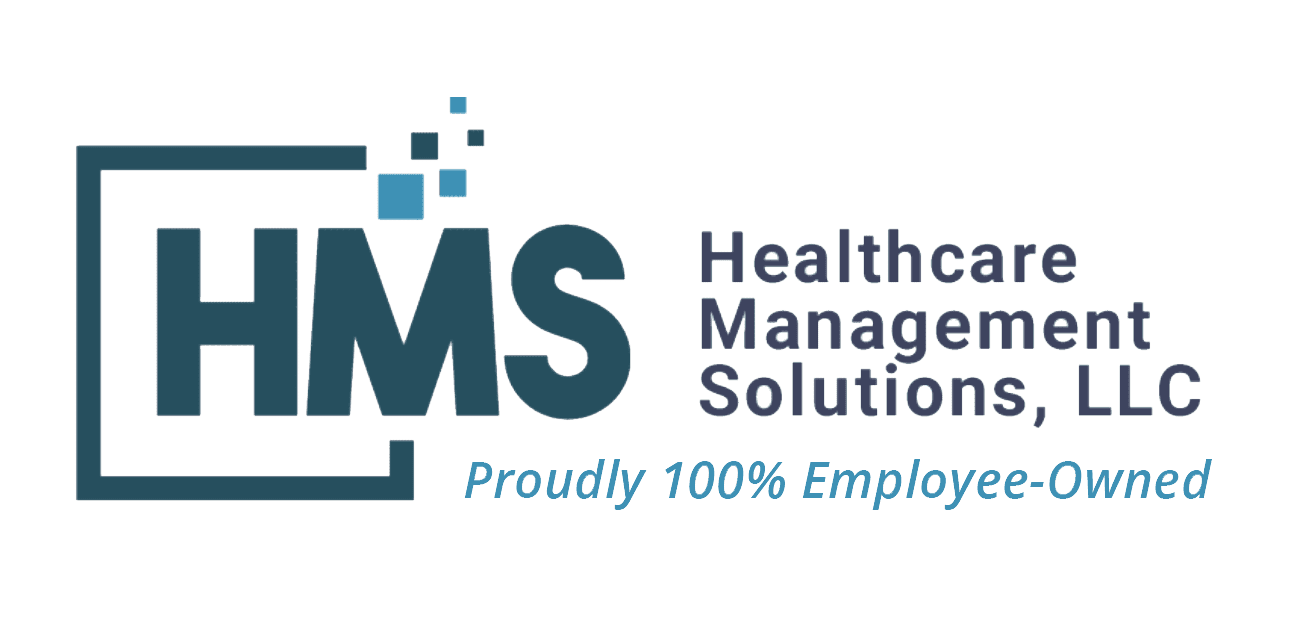
Why High Reliability Organizations Are a Necessity, Not Just a Trend
- October 7, 2020
- 0 Likes
- 3232 Views
- 0 Comments
We Hear Frequently How Technology is the Savior for an Organization, However, Technology Isn’t the Only Reason High Reliability Organizations (HROs) Outperform Their Peers.
Technology has been advancing at an enormous rate, bringing capabilities only imagined a few years ago. The breathtaking speed of this advancement has business leaders mostly relying on technology as the foundation for organizational success. Artificial intelligence, machine learning, automation, digital transformation, cloud and analytical services are all advancing organizations’ capabilities to perform at a higher level of quality — faster, leaner, and more efficient for operational performance.
Technology alone, however, is not the cure-all for organizational success. Rather, it is one of the features of a larger delivery model. The cost offsets, timelines for implementation, and high expectations can be overinflated, only to result in organizations experiencing a declining trend in morale or interest in advancing the organization. Worse, these consistent changes may lower expectations for the next iteration of technology implementations. To exacerbate the issue further, without technology staff who are trained in developing data models and analysis and in evolving solutions based on those business outcomes, organizations cannot possibly expect to realize the full potential of the technologies. Often, there are unassuming, more cost-effective ways to accomplish the same goal. All of this demonstrates the critical need for High Reliability Organizations (HROs).
With eighteen years of direct business knowledge providing healthcare services to federal, state, and commercial clients, our experience has shown that healthcare organizations that focus on HRO principles outperform their peers who believe that existing best business practices and the advancement in their technologies alone will be sufficient building blocks for all future success. These would be mistaken assumptions. While these business and advanced technology elements are enablers, they are not enough to fully advance outcomes. We’ve seen that practitioners in HROs are the key factor to the organization’s success, focusing on accountability, defined processes, role clarity, and measured and repeatable outcomes.
So, Why All the Noise About HROs?
Organizations deal with uncertainty and threat. While many factors may affect the organization, High Reliability has been evolved for these dynamics, and can strengthen staff performance, improve function of a team, and move an organization forward through uncertainty. HROs are derived from human reasoning and behavior. They look at the commonality of decrements in quality, resilience, and safety. After all, these differ only in what is harmed: the product, the system, or a person, respectively. It appears intuitively obvious that resources used for quality, resilience, or safety will not be available for productivity. However, when done correctly, quality, resilience, and safety will improve along with productivity. This is the process of High Reliability.
HRO Keys to Success
- Safe reliable performance
- Core characteristics embedded into the fabric of the organization
- Leaders build expectations into daily organizational roles, routines, and strategies
- Expectations create order and predictability around processes and practices
- Members of the organization manage unexpected events through continuous observance to the principles of HRO
HMS’ View of HROs’ Importance in Healthcare
Established as a healthcare company, staffed with healthcare clinical and technology professionals, and whose mission is dedicated to protecting vulnerable populations, our HMS team fully understands the value of an HRO. Empowering frontline healthcare professionals with working knowledge of healthcare outcomes, we recognize the necessity of avoiding catastrophes in an environment where incidents can be expected due to risk factors and complexity.
HMS has performed thousands of survey and technical-assistance visits over our 18-year history. The high reliability of our performance is evidenced by long-standing relationships with state agencies (SAs) and the federal government to provide survey support and management technical assistance.
When HMS surveys a provider that adheres to HRO principles, we believe we are more likely to find they are in substantial compliance with federal regulations. Providers that are dedicated to the consistent cycle of process improvement, and the application of those identified improvements to facility operations and those that place the safety of staff and residents/patients as their highest priority, are more likely to have good outcomes as it relates to the CMS survey process. Putting patients first, above all else, and forming a highly reliable and supporting environment in which to provide care for those patients/residents, is the model of a high reliability provider and would result in positive outcomes for them.
Quality of care and safety of our most vulnerable populations are of paramount importance. To address these challenges, HROs need a trusted, proven partner with expert staff and excellent performance. HMS has a proven track record for providing management consulting and solution development to address quality-improvement needs in an organization. Our team uses evidence-based strategies to identify organizational risks, develop solutions, and assist with implementation and monitoring of proven solutions.
HRO Physiognomies
New threats to safety continuously emerge in healthcare, uncertainty is prevalent, and no two incidents are exactly alike. The approach of HROs cannot simply be understated, as HROs use systems thinking to evaluate and design for safety, and are keenly aware that safety is emergent, rather than static. Through the implementation of an HRO environment, potential problems are anticipated, detected, and addressed early enough to prevent catastrophic consequences. The HRO viewpoint is supported by five distinguishing ways of thinking: 1) preoccupation with failure; 2) unwillingness to simplify explanations for operations, successes, and failures; 3) sensitivity to operations (situation awareness); 4) respect for frontline expertise; and 5) commitment to resilience.
- Preoccupation with failure: Any major lapse is a symptom that a system breakdown is possible.
- Unwillingness to simplify: Create a complete and nuanced picture.
- Sensitivity to operations: Attentive to frontline teams where the material work is being performed; small deviation is the earliest indication of threats to safety and potential system breakdown.
- Respect for frontline expertise: Authority migrates to people with the most expertise, not to organization hierarchy.
- Commitment to resilience: Understanding that an error-free environment is not 100% achievable, however, identifying errors early will ensure the system or organization is not disabled and provides a lasting effort to reduce harm.
What Can HROs Teach Us?
HROs require more than standardization for a reliable and resilient healthcare system. Enduring organizational thinking and processes, not specific structure, will achieve the best results. Strengthening and maturing the foundation of a healthcare organization as a precondition to the establishment of an HRO is paramount, such as developing a leadership commitment to no-risk goals, establishing a positive and inclusive safety culture, and introducing and maintaining a vigorous process-improvement environment. From our experience, we know that healthcare organizations that have cultures of safety, foster a learning environment and evidence-based care, promote positive working conditions, and demonstrate commitment to improving the safety and quality of care are ideally suited to be HROs.

